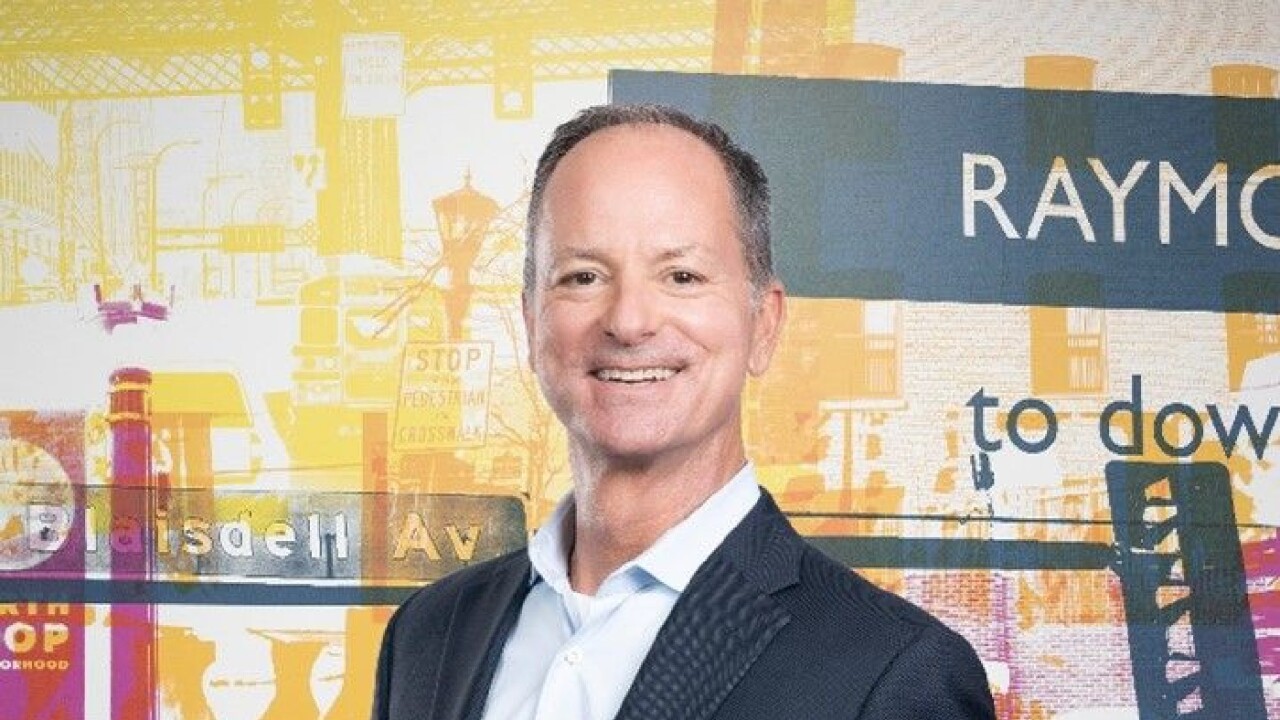Like many others, Bobby Earthman, founder and president of direct access brokerage Tradecast, believes that day trading has gotten a bad rap largely because the early market was saturated with fly-by-night types who got into (day trading) because someone their brother-in-law knew supposedly made a lot of money... A lot of people thought it was the latest get-rich-quick scheme, the land of milk and honey.
In contrast, now that the market has tightened up, Earthman and Celent analyst Fritz McCormick agree that the less serious day traders have been scared off or just plain lost their shirts. What's left behind are the savvy players, many of whom trade several hundred times a day, and often say they're still making money in this market by tactics like shorting stock, which is borrowing against the drop in price.
By all accounts, these are the kind of traders who want the control, speed and better fee structure that direct access affords them. And, according to Earthman, At the end of the day, it boils down to more money in their pocket. The added speed and control, he claims, means direct access traders can earn as much as 10 cents more per share-a hefty amount if multiplied over hundreds of shares and dozens of trades.
According to Earthman, his company's target market is the active trader who is fluent in trading activity, they're not just buying low and selling high... they know how to compete in a down, down, down market. Many of Tradecast's customers, he says, are in fact former professional brokers or traders who decided to make money for themselves. They're taking a book of their business and jumping ship, Earthman quips.
Of course, as McCormick points out, high-stakes day trading is often compared to gambling and just like professional gamblers, many of these direct access traders are simply unfazed by the market. You don't see a drop-off at the craps tables in Vegas when there's a dip in the economy, McCormick points out.
Either way, day traders are believed to account for as much as 15% to 20% of the Nasdaq volume, according to McCormick. Earthman quotes industry research that has found that the small portion of the market made up of hyperactive traders accounts for 81% of online trades. And these hardy traders have not only helped direct access trading grow, but also made these firms and this business more appealing to online brokerage leaders, especially discount brokers.
It is obvious that full service brokerage firms do not cater to a segment that takes such an immediate, aggressive view of the market, McCormick says in his report. Alternatively, the discount players are looking to attract active traders they may have lost to direct access players earlier.
Cases in point: Ameritrade recently snapped up Tradecast, and discount brokerage pacesetter Charles Schwab last March bought direct access player CyberCorp, which was recently renamed CyberTrader. But what presents an even more exciting opportunity to these online brokerage goliaths than a growing market of very active traders is the underlying technology that these direct access firms have created, says McCormick.
The technology these guys have created to connect traders to various ECNs and market makers is fairly complex, says McCormick.
The smart routing technologies that most of these direct access firms have developed in-house to allow traders to weed through multiple venues in seconds can, for example, help brokerages comply with the fair disclosure laws implemented in April, which require firms to show where all their trades are taking place. These direct access technologies, McCormick believes, will have a huge impact as well in other areas of trading, including institutional investing.
Our technology definitely made us appealing to Schwab, says Trey Robinson, marketing director of CyberTrader. It's proven and it's being used by a large customer base already.
Robinson says that Schwab is already employing CyberTrader's technology in its institutional business. The discount broker recently began a pilot with its investment managers, where they are using the software to execute their own blocks of trades instead of placing them by phone or among a variety of different terminals. So far, says Robinson, the feedback has been very positive.
Nonetheless, Robinson and Earthman agree that there will continue to be a need for the more traditional online broker, just as there is still a need for full-service brokers and bank branches to cater to the needs of the majority of customers who do need a little more hand- holding.
When you use direct access, you really have to understand how the markets work...you really need to know what you're doing.
But as direct access services grow in popularity and their technologies are applied more widely, McCormick believes the face of online brokerage, and trading in general, will change dramatically.
Now is the time for direct access brokerage firms. Direct access is poised to help differentiate retail online brokerage players and streamline operations for institutional clients, says McCormick.
Karen Epper Hoffman is a freelance writer based in Ulster Park, NY.





